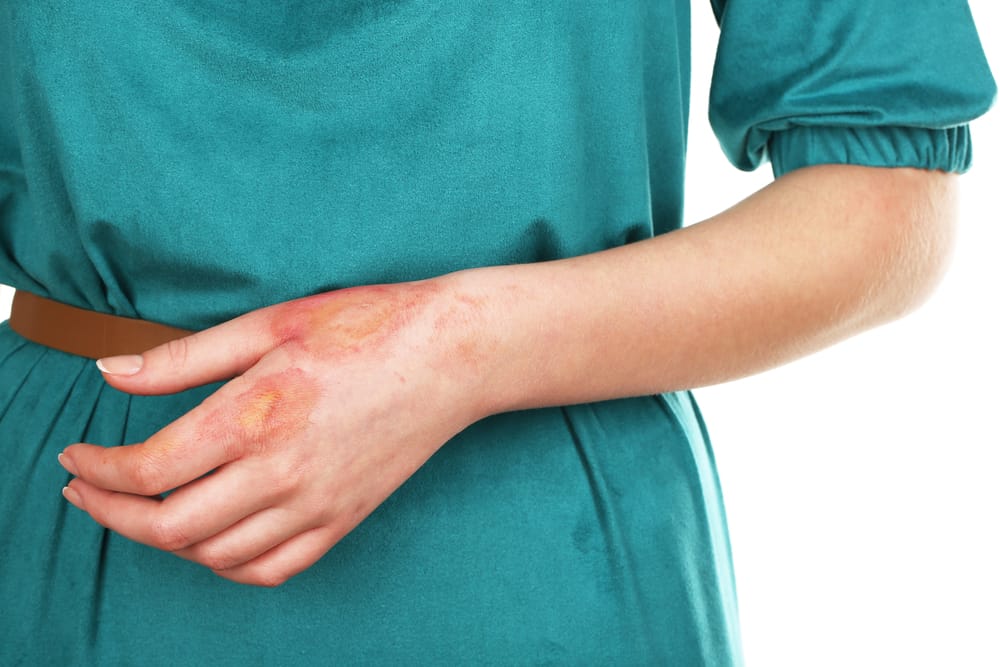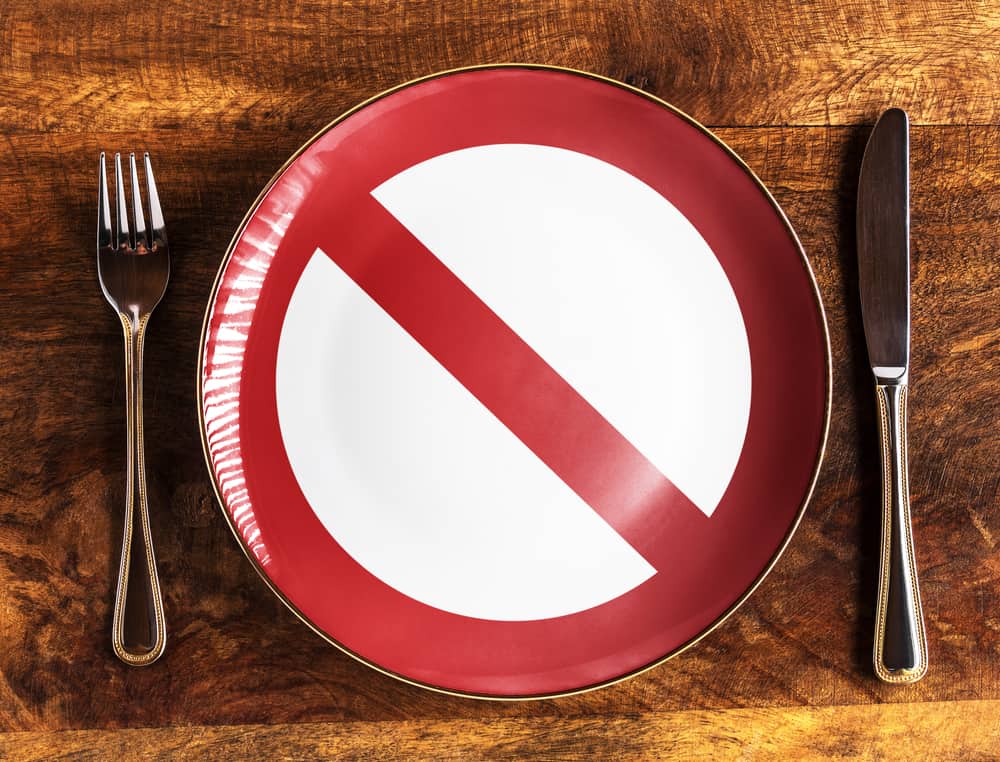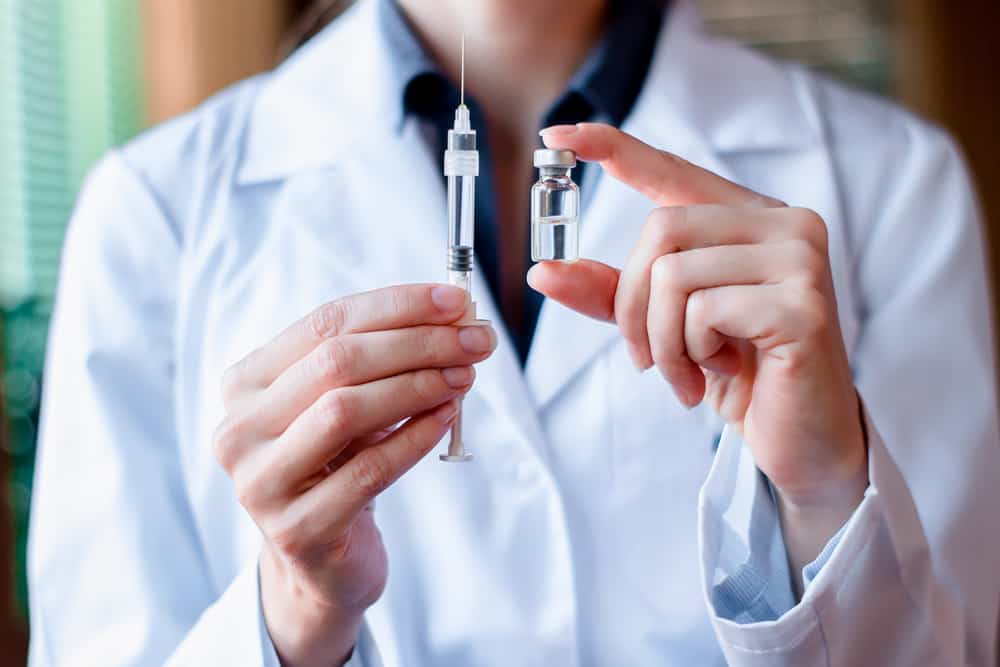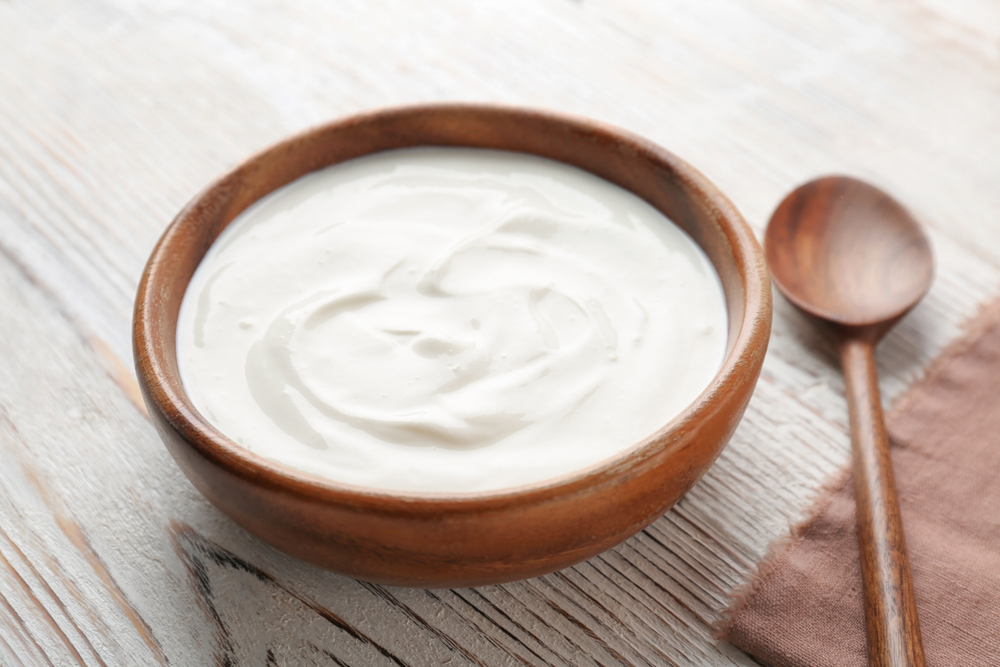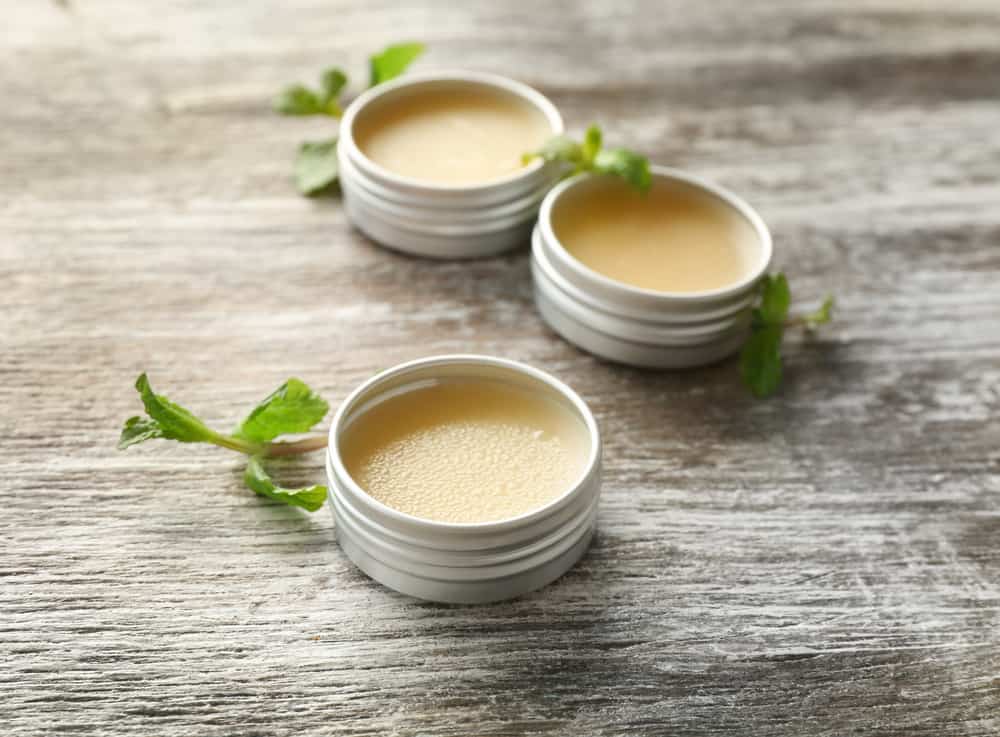Contents:
- Medical Video: Helping Men Fight Belly Fat
- How can body fat be formed?
- Carbohydrates are converted into body fat
- Protein is converted into body fat
- Collection of fatty acids into triglycerides aka body fat
Medical Video: Helping Men Fight Belly Fat
‘Fat is bad. '
As Watch out, eat lots of fat and get fat later. '
You may hear these statements often and eventually you limit the food source of fat. Even though do you know that fat is actually not as bad as what you think? Not all fats are bad, depending on the type and amount eaten. However, is it true that only fatty foods make fat? What about foods that contain carbohydrates and protein? Does consuming a lot of these foods make you free from obesity and fat that accumulates?
How can body fat be formed?
Yes, actually not just fat which is the only reason why you have a lot of fat folds in the body. Fat is not bad, fat is the same as other macro nutrients that are also needed in the body. Actually fat takes an average of 20 to 25 percent of the total calories eaten in one day. In fact, there is still a greater need for fat compared to protein, which is only 10 to 20 percent of total calories. So what makes fat the 'main suspect' of obesity?
Fat in the body is fat in the form of triglycerides, which are the results of various fat metabolism, not only fatty food sources, but food sources of protein and carbohydrates can also form triglycerides. Foods that contain fat will obviously be metabolized by the body into fatty acids. When fatty acids have accumulated too much, the body will store them into triglycerides or fat in the body. Then what about carbohydrates and protein? All foods that you eat excessively can cause additional fat folds in the body, so don't just avoid and limit fatty foods.
READ ALSO: Autistic Children Turn Out to Have Good Low Fat Levels
Carbohydrates are converted into body fat
Food carbohydrate sources such as rice, bread, or noodles will be metabolized and broken down by the body into glucose or sugar in the blood. Then, there is the hormone insulin which regulates the level of sugar in the blood so as not to overdo it. If the body's cells have gotten sugar from the bloodstream to make it energy, the hormone insulin will convert the remaining sugar in the blood to glycogen or sugar in the muscle and fatty acids. These fatty acids will gather with fatty acids produced from previous fat metabolism. Therefore, eating excess carbohydrate foods will also increase triglycerides, aka body fat.
READ ALSO: 7 Foods High in Fat that are Good for Health
Protein is converted into body fat
In the body, protein has the main function of forming tissue and increasing muscle mass. Proteins that enter the body will be digested and broken down into amino acids. Amino acids are what help the body to carry out its functions normally. But when the protein you eat is too much and nothing makes it useful - like building the body's muscles while doing sports and physical activity - then the protein will also be stored.
Excessive protein can turn into sugar or glucose in the blood and will unite with glucose produced from the breakdown of carbohydrates. So, glucose in the blood will be higher, so the hormone insulin will convert glucose-glucose into fatty acids. And again, more fatty acids, not only fatty acids derived from the breakdown of fats and carbohydrates, but also protein.
READ ALSO: Vegetable Fat Is Not Always Healthier Than Animal Fat
Collection of fatty acids into triglycerides aka body fat
The accumulation of these fatty acids will be converted into body fat or also called triglycerides. Therefore, triglyceride levels should not be too high because it will be harmful to health. The body stores all the excess fatty acids in fat cells which are called adipose cells. These cells gather to make a tissue which is also called adipose tissue.
Adipose tissue is spread in various parts of the body, such as under the surface of the skin and between organs. The location of adipose tissue also depends on several factors, one of which is gender. Men tend to have adipose tissue in the abdomen and waist. Whereas more women have adipose tissue in the hip and waist area.
Too many fat cells accumulate around the organs of the body is very dangerous for health because it can inhibit blood circulation which then causes various degenerative diseases. High triglycerides, such as more than 100 mg / dl, are very dangerous and can cause acute pancreatic inflammation. How to reduce levels of triglycerides or body fat is to run a healthy lifestyle, eat good food, not overeating, and do regular exercise.
READ ALSO: Skinny Fat: When Thin People Actually Have Lots of Fat

